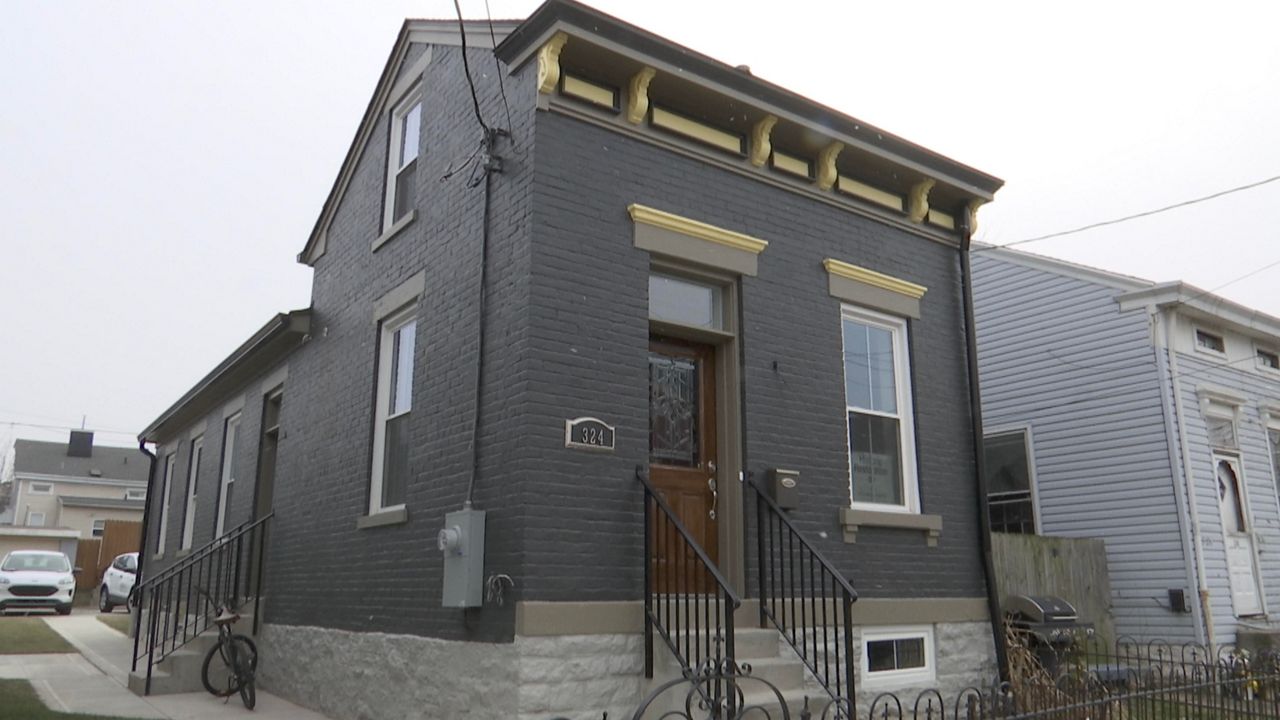A proposal that would have legalized auxiliary units on residential homes has been scrapped by Gov. Kathy Hochul in her $216 billion budget plan.
The measure would have required local governments to allow for at least one accessory dwelling unit in an owner-occupied zoned lot.
Hochul had framed the measure for accessory dwelling units in her State of the State briefing book as a way for multi-generational families to have more affordable housing options and live closer together.
But the move to jettison the proposal came after suburban Democratic lawmakers, as well as Republicans, had raised concerns with its potential impact on local zoning laws. Democratic gubernatorial candidate Tom Suozzi had also raised opposition to the measure, arguing it would override local land use regulations.
"I understand Gov. Hochul's decision to remove the ADU initiative from the Executive Budget; this action highlights our primary concern, which is to get all of the details of the bill right, rather than enact a bill right away," said Sen. Peter Harckham, a supporter of the measure. "I will continue to engage with stakeholders and work to settle all concerns with this legislation. It is important that we keep driving a conversation, however, on affordable housing for our workforce and equitable treatment for our residents."
But some Democrats praised the decision to back away from the accessory dwelling unit plan. With the issue a contentious one for Long Island lawmakers potentially facing a difficult re-election, the issue could have had political implications down the road.
"I want to thank @GovKathyHochul for her willingness to work with local governments to address the issue of housing," Long Island Sen. Jim Gaughran wrote on Twitter. "There is no one-size-fits-all solution, but we can – and must – support our municipalities as they work to build more housing for New Yorkers across the state."
This month, Gov. Kathy Hochul's State of the State included a provision that would require municipal governments to allow for at least one accessory dwelling unit in an owner-occupied zoned lot. The effort, in large part, is meant to boost affordable housing and loosen land restrictions in the process. Her briefing book framed the proposal as a way for multi-generational families to have affordable housing options and live closer together.
